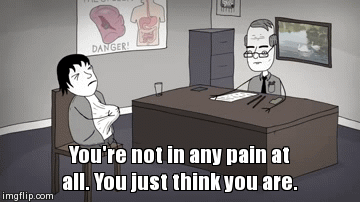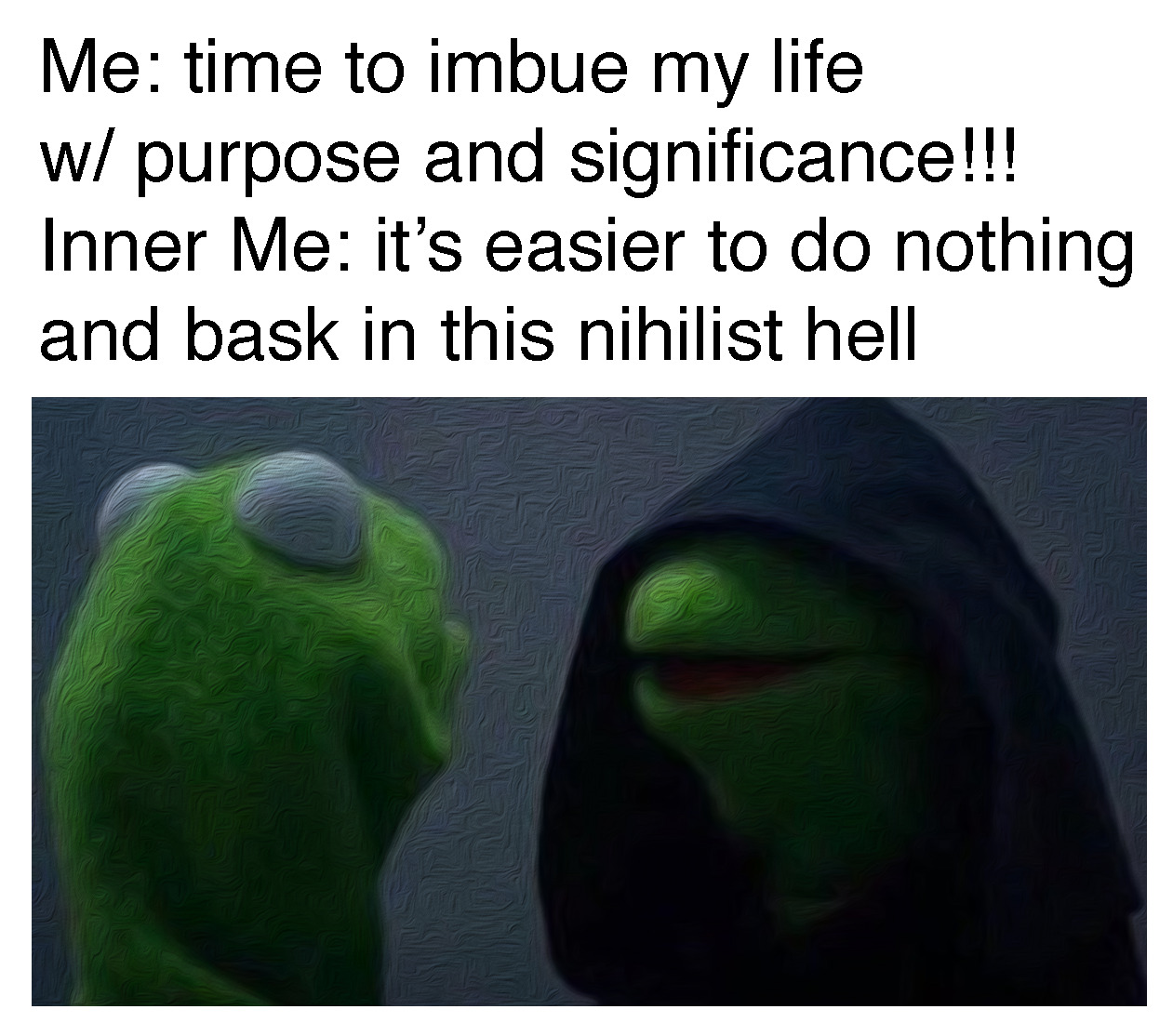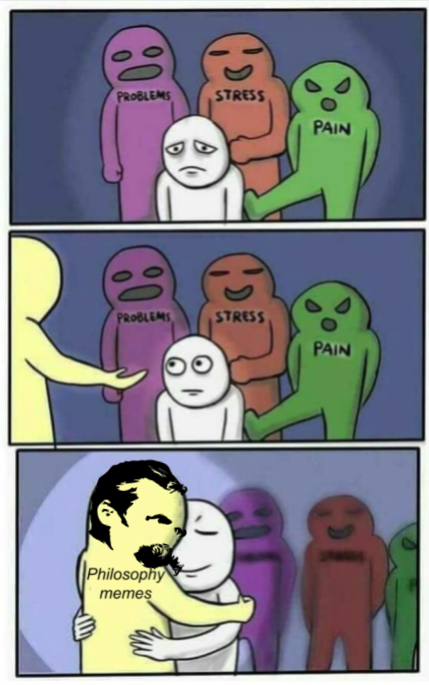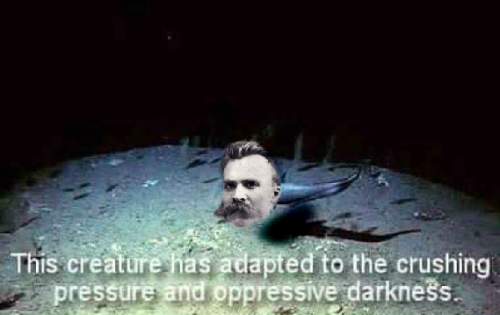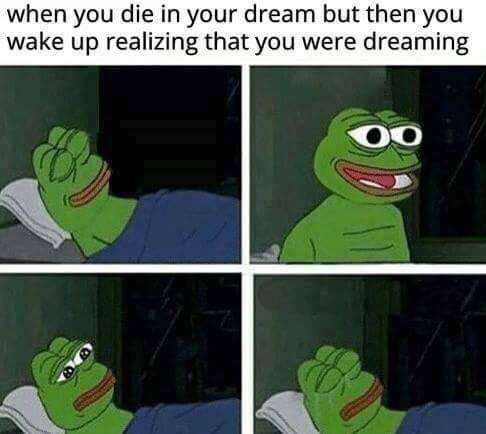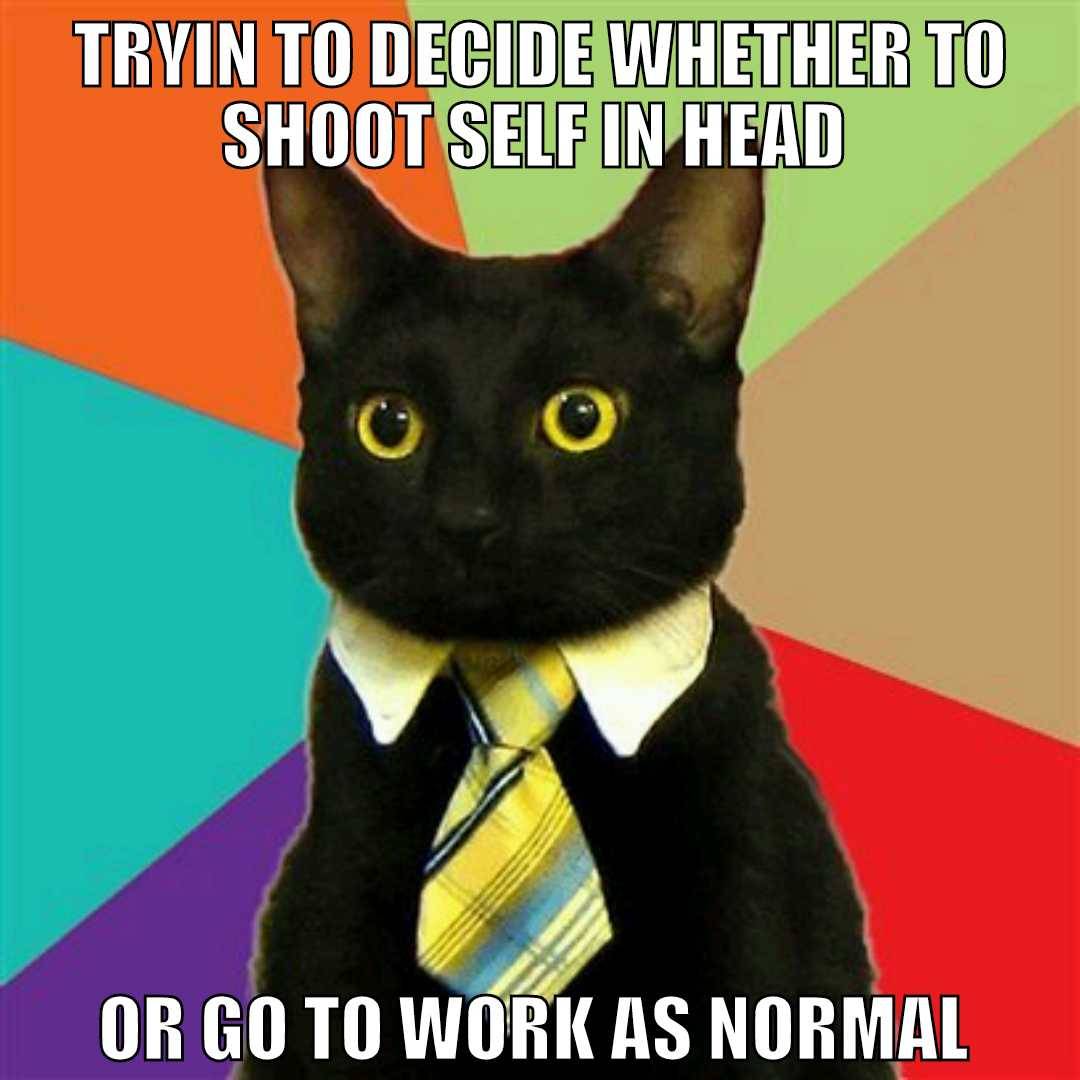China is a land of rapid evolution and deep changes. Most of the items we use in our everyday life were designed in the Western world but made there, in huge factories, crowded places, chaotic storages. Some Chinese cities are still growing and evolving, and more and more people are getting used to the metropolitan lifestyle, lefting behind traditions, houses, family businesses. As the biggest "factory" of the world, China is an extremely various reality, plenty of houses and products of any type, where traditional families try to cohabit with the buildings of huge corporations, overcrowded slums, skyscrapers, decaying streets, bankrupting simple craftpeople, and the collapse of an old world stuffed with tacky-designed objects.
Alina Fedorenko is a talented, award-winner Ukrainan-German photographer who spent many years travelling. She visited many countries, producing lots of breathtaking pictures, and focusing, in particular, on the poorest areas of the world. She tells us the stories of people who spend their life silently, anonymously, fashioning the mass of products we handle every day, living in shabby and often gloomy places. As she stated, what fascinated her the most about her stay in China was people's struggle to survive without losing their family traditions; that's why she called this work Symbiosis of working and living. A lot of people in Chinese low-income areas (but also in many poor places abroad) run businesses which are also houses, so that you cannot see what's the limit between the two. Of course, Fedorenko's overlook shows you not but one of the many aspects of this country, but this is also, for sure, one the most fascinating.
Another appropriate title for this spellbinding project may have been Items. These pictures are all packed with items of any type, any shape. Partly because of the incredible lack of room, partly because of their retail routine, these families live and grow in small places where everything is surrounded by any kind of trinkets. Baubles, second hand clothes, cheesy posters, old radios, parts of windows and doors, old fashioned religious icons cover every single centimetre of these shops/houses, these private and public temples, in a staggering and chaotic patchwork. You may say it's not a living space, but a space which people happen to live in, an ever-changing architecture of narrow boxes.
Symbiosis, a work which was variously edited by the author throughout the time (in 2016 it was among the winners of the well-known Photography of the Year Contest) depicts one the many astonishing ways human communities adapt the environment to their needs. Fedorenko managed to capture single moments of everyday life trapped in this unreal multiverse, created by the advance of capitalism, but also by these people's traditional industriosity, which will allow the next generations to find a better living all around the world.
The stereotype of the Asian family using their shop as an improvised living space is still common in many metropolises, to the point that their inhabitants often deem Chinese communities as an indistinct mass of people who does not waste any time to "enjoy life" in order to save as much money as possible. But I don't think Fedorenko simply confirms this stereotype; I think she mostly shows and reminds us that the material world surrounding us has a great cost in sacrifice, time, space, and simple pleasures we often take for granted. This magnificent work of hers is a potrait of the huge gap between producers and consumers, manifacturers and buyers, in a paradoxal system whose future is so difficult to predict.
Alina Fedorenko is a talented, award-winner Ukrainan-German photographer who spent many years travelling. She visited many countries, producing lots of breathtaking pictures, and focusing, in particular, on the poorest areas of the world. She tells us the stories of people who spend their life silently, anonymously, fashioning the mass of products we handle every day, living in shabby and often gloomy places. As she stated, what fascinated her the most about her stay in China was people's struggle to survive without losing their family traditions; that's why she called this work Symbiosis of working and living. A lot of people in Chinese low-income areas (but also in many poor places abroad) run businesses which are also houses, so that you cannot see what's the limit between the two. Of course, Fedorenko's overlook shows you not but one of the many aspects of this country, but this is also, for sure, one the most fascinating.
Another appropriate title for this spellbinding project may have been Items. These pictures are all packed with items of any type, any shape. Partly because of the incredible lack of room, partly because of their retail routine, these families live and grow in small places where everything is surrounded by any kind of trinkets. Baubles, second hand clothes, cheesy posters, old radios, parts of windows and doors, old fashioned religious icons cover every single centimetre of these shops/houses, these private and public temples, in a staggering and chaotic patchwork. You may say it's not a living space, but a space which people happen to live in, an ever-changing architecture of narrow boxes.
Symbiosis, a work which was variously edited by the author throughout the time (in 2016 it was among the winners of the well-known Photography of the Year Contest) depicts one the many astonishing ways human communities adapt the environment to their needs. Fedorenko managed to capture single moments of everyday life trapped in this unreal multiverse, created by the advance of capitalism, but also by these people's traditional industriosity, which will allow the next generations to find a better living all around the world.
The stereotype of the Asian family using their shop as an improvised living space is still common in many metropolises, to the point that their inhabitants often deem Chinese communities as an indistinct mass of people who does not waste any time to "enjoy life" in order to save as much money as possible. But I don't think Fedorenko simply confirms this stereotype; I think she mostly shows and reminds us that the material world surrounding us has a great cost in sacrifice, time, space, and simple pleasures we often take for granted. This magnificent work of hers is a potrait of the huge gap between producers and consumers, manifacturers and buyers, in a paradoxal system whose future is so difficult to predict.








